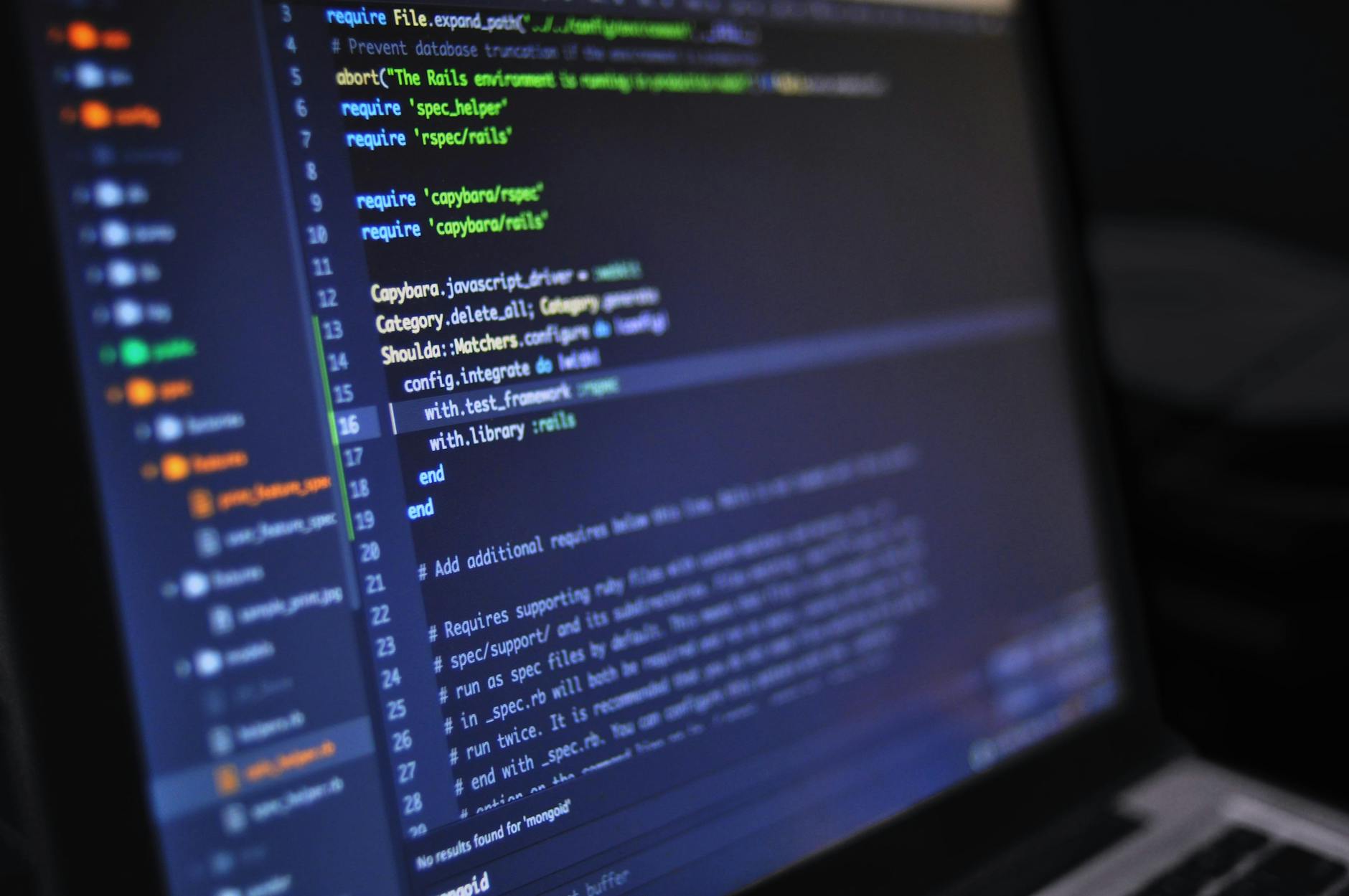
Computer Programming: The Art of Speaking to Machines (And Why You Should Learn It)
Remember that time your computer froze right before you saved your important document? Imagine being the wizard who could fix it with a few keystrokes. That’s the power of computer programming – it turns frustration into solutions, ideas into reality, and beginners into digital architects. I’ve been writing code since dial-up was cool (yes, I’m dating myself), and let me tell you, there’s never been a better time to learn.
Why Computer Programming is Your Secret Superpower
When I wrote my first “Hello World” program in 2004, I didn’t realize I was unlocking a door to infinite possibilities. Programming isn’t just about typing cryptic symbols – it’s about solving puzzles, automating the boring stuff, and creating things that didn’t exist yesterday. Here’s why it matters:
- Problem-solving gym: Programming trains your brain to break big challenges into bite-sized steps
- Universal language: Code works the same whether you’re in Tokyo or Toledo
- Future-proof career: The Bureau of Labor Statistics projects 25% growth for software jobs by 2032
- Creative outlet: My first website looked like a Geocities nightmare, but it started my career
Programming Languages: Choosing Your First Digital Toolbox
New programmers often ask me: “Which language should I learn first?” It’s like asking which kitchen tool to buy first – depends what you’re cooking! Here’s my take after teaching hundreds of students:
The Starter Pack
| Language | Best For | Learning Curve | 2025 Relevance |
|---|---|---|---|
| Python | Beginners, data science, automation | Gentle | Skyrocketing (thanks AI) |
| JavaScript | Web development, interactive sites | Moderate | Still web’s backbone |
| Swift | iOS/macOS apps | Steep | Growing with AR/VR |
Pro tip: Don’t get paralyzed by choice. I started with BASIC (ancient history now), and the concepts transferred to modern languages. The first language is just your training wheels.
2025 Programming Trends You Can’t Ignore
Last year at DevCon, I noticed something fascinating – the buzz wasn’t just about new frameworks, but how programming intersects with global changes. Here’s what’s coming:
1. AI Pair Programming Goes Mainstream
Tools like GitHub Copilot are just the beginning. By 2025, expect AI to handle 30-40% of routine coding tasks (my estimate based on current adoption rates). But here’s the twist – human programmers will become “AI whisperers,” focusing more on creative problem-solving than syntax.
2. Quantum Computing Literacy
While we won’t all be quantum programmers by 2025, understanding quantum principles will be like knowing cloud basics today. I recently took IBM’s quantum course and let’s just say my classical-programming brain had to stretch!
3. The No-Code/Low-Code Reality Check
These tools are fantastic (I use them for prototypes), but 2025 will reveal their limits. Complex systems still need traditional coding – it’s like comparing IKEA furniture to custom cabinetry.
How I Learned Programming (And How You Can Too)
My journey wasn’t linear. There were Java applets that crashed browsers, PHP scripts that somehow emailed strangers, and that one time I accidentally deleted a production database (we don’t talk about that). Here’s what actually worked:
- Build stupid projects first: My “cat mood predictor” app was nonsense, but it taught me APIs
- Break things on purpose: Intentionally creating bugs helped me understand how code fails
- Find your tribe: Local meetups saved me when StackOverflow couldn’t
- Embrace the grind: The “aha” moments come after the “I quit” moments
Programming FAQs: What Newbies Really Ask
Do I need a computer science degree?
Not necessarily. My team includes a philosophy major, a self-taught musician, and yes, some CS grads. What matters is continuous learning – I still take courses monthly.
How long until I’m job-ready?
With focused learning (20 hrs/week), 6-9 months for entry-level positions. My first paid gig came after 8 months, building WordPress sites (not glamorous, but paid for ramen).
Is programming just math?
Common myth! While some fields (game dev, data science) use heavy math, most web/app programming is logic puzzles, not calculus. I barely passed algebra and I’ve done just fine.
Your Next Step: From Reader to Programmer
Here’s the secret no one told me when I started: Programming isn’t about perfection, it’s about persistence. Every expert was once a beginner who didn’t quit. Today’s challenge (should you choose to accept it):
- Pick one language from our table above
- Complete a 10-minute tutorial (even on your phone)
- Build the dumbest possible program (“Button that makes fart sounds” counts)
Welcome to the world of programming – where the only limit is your imagination (and occasionally, your WiFi). See you on the other side of “Hello World!”
Related: radiology tech
Related: AI for small businesses
Also read: Google
Also read: HubSpot


